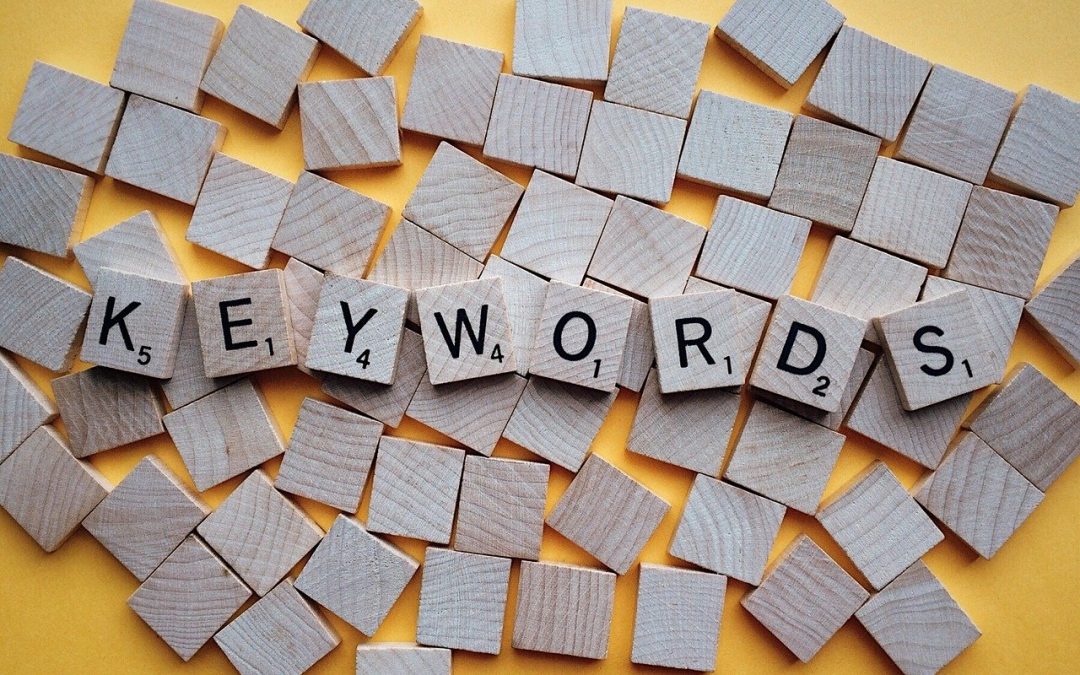Do we say ‘Latinx’ as a term because we respect trans people.
Do we know about implicit bias as phrase when, rather than being neutral, we have a preference for (or aversion to) a person or group of people. Thus, we use the term “implicit bias” to describe when we have attitudes towards people or associate stereotypes with them without our conscious knowledge.
Do we wonders why colleagues and friends have suddenly started saying “BIPOC,” an acronym that encompasses individuals who are Black, Indigenous or other people of color.
Americans have always wrestled with language when it comes to describing race, with phrases and vocabulary changing to meet the struggles and values of the moment.
But especially in the wake of protests for social justice in the summer of 2020, there is a heightened attention to this language, say scholars and activists, as some on the left try to advance changes in the culture through words.
Is seems that, perhaps you can’t change what you can’t name.
For some people, though, the new woads has become a code, that only a narrow, highly educated slice of the country can understand, or even a political litmus test in which the answers continually change, or has it been a lot of words.”
Unsurprisingly, the language itself has become contested, especially by conservatives who have leveraged discomfort with the new vocabulary to energize their base of white voters, referring to it as “wokespeak and have leveraged discomfort with “woke language” to pass laws in several states limiting how teachers can discuss racism and sexism.
One conservative think tank circulated a list of words — including “microaggressions” and “Black Lives Matter” — that it said could alert parents that what has been labeled “Critical Race Theory” is being taught in their children’s schools.
These phrases are introducing ideas that are new to many Americans. Gender-neutral terms like “Latinx,” for people of Latin American descent, “they/them” pronouns that refer to a single person, and “birthing parent” or “pregnant people” instead of “mother,” to be inclusive of trans people, are also gaining traction.
Some activists defend the focus on language, saying that the way people use words is not mere symbolism but is necessary to achieving justice.
When you’ve been on the margin, being able to claim a language and a narrative and a set of words to express yourself is incredibly important.
Still, some other self-identified liberals who said they care deeply about social justice feel uncomfortable with some of the changes and the pressure that can be associated with them.
Are you exhausted by the constant need to be wary or you’ll instantly be labeled racist or anti-trans.
Of course, rather than language that “tries to guilt people into action,” he said, he wishes the message was “white people, too, could suffer from living in a society in which racial injustices and inequities persist.”
As a matter of history, “Implicit bias” traces to the work of psychologists in the 1990s, when the field began to document the subconscious associations that cause people to harbor stereotypes.
The effort to substitute “enslaved people” for “slaves” has been long advocated by many Black academics to emphasize the violence that defined American slavery and the humanity of those subjected to it
The murder of George Floyd by the police and the outraged protests that followed — in large cities but also in small towns and suburbs across the country — was one catalyst for spreading the terms.
Few Black or Indigenous people use the term BIPOC, language scholars say. And it is often misread as meaning “bisexual people of color.”
To add to the confusion, the terms can change swiftly too. Some scholars are now arguing that “implicit bias” should be replaced with “complicit bias,” saying that the former has been used as a kind of exoneration from the biases one holds rather than a call to address them.
A closer example is “L.G.B.T.Q.,” has recently incorporated an “I” for intersex, for people whose biological sex characteristics don’t fit the traditional definitions of female or male, and an “A” for either asexual — someone who experiences little or no sexual attraction — or ally. And the addition of a “+” at the end is aimed at indicating that the term should not be seen as comprehensive.
Complicated to be sure! It can be hard to stay on top of tweaks, which include words that distinguish between defining a person and describing a situation — “unhoused” instead of “homeless.”
The current struggles over language reflect meaningful shifts in thinking on some essential issues.
“Compared to 18 months ago, the term ‘systemic racism’ is being used across the board, whether people are talking about it or denying its existence,” said the historian Ibram X. Kendi, whose book “How to Be an Antiracist” has been widely read.
Remember: “Queer,” once a pejorative for gay, has been reclaimed as a self-affirming term, especially by a younger generation of the LGBTQIA+ community.
“African American,” which became prevalent in the 1980s after the Rev. Jesse Jackson objected that “black” reduced the complexity of race to a skin color, is now being superseded by “Black,” with a capital “B,” to underline a shared political identity among disparate groups.
The bottom line, you can say ‘Latinx’ all day, but if you’re not doing the work to change, some people don’t care. And some of these terms will endure, and some will not.
*****

